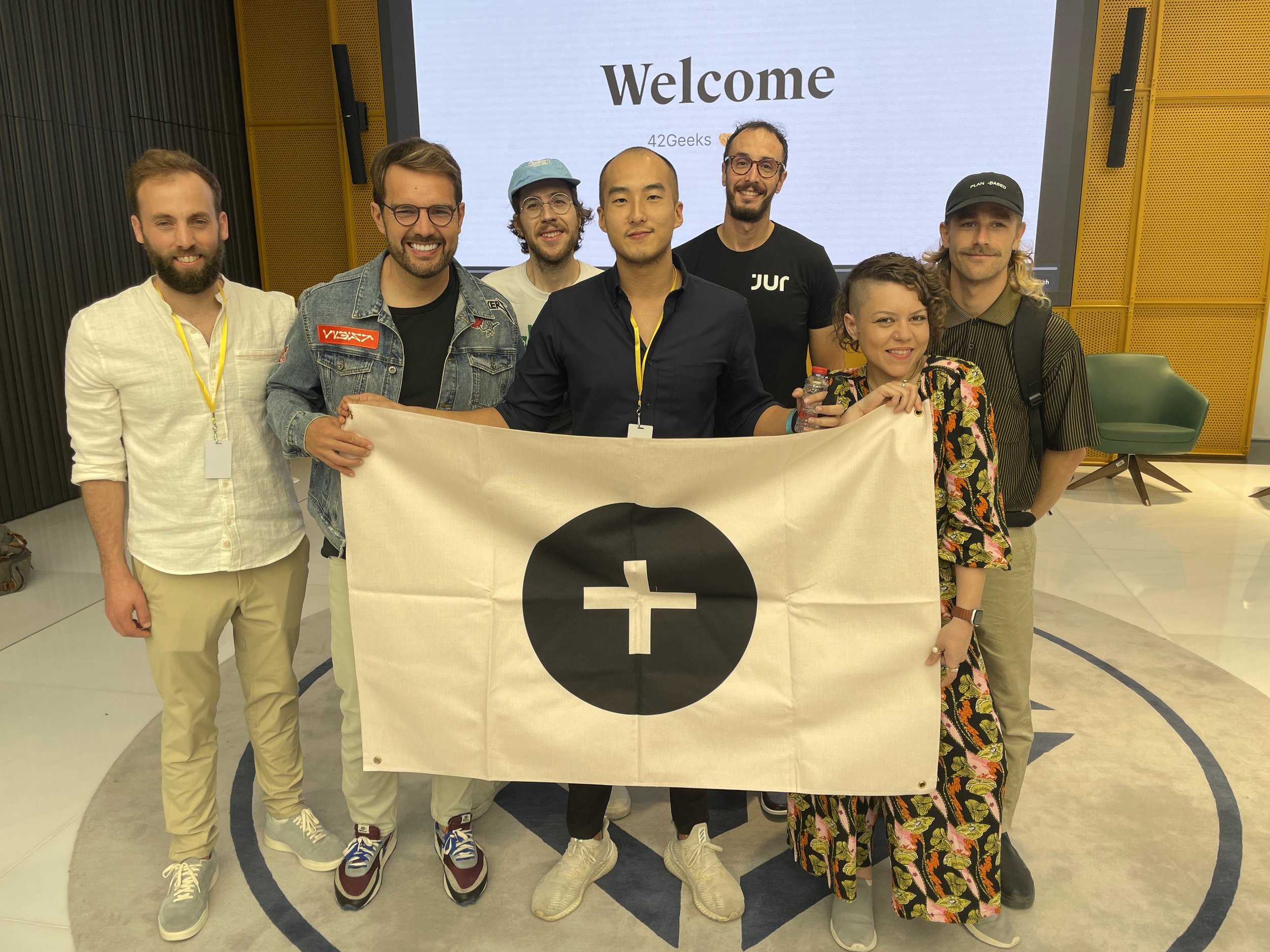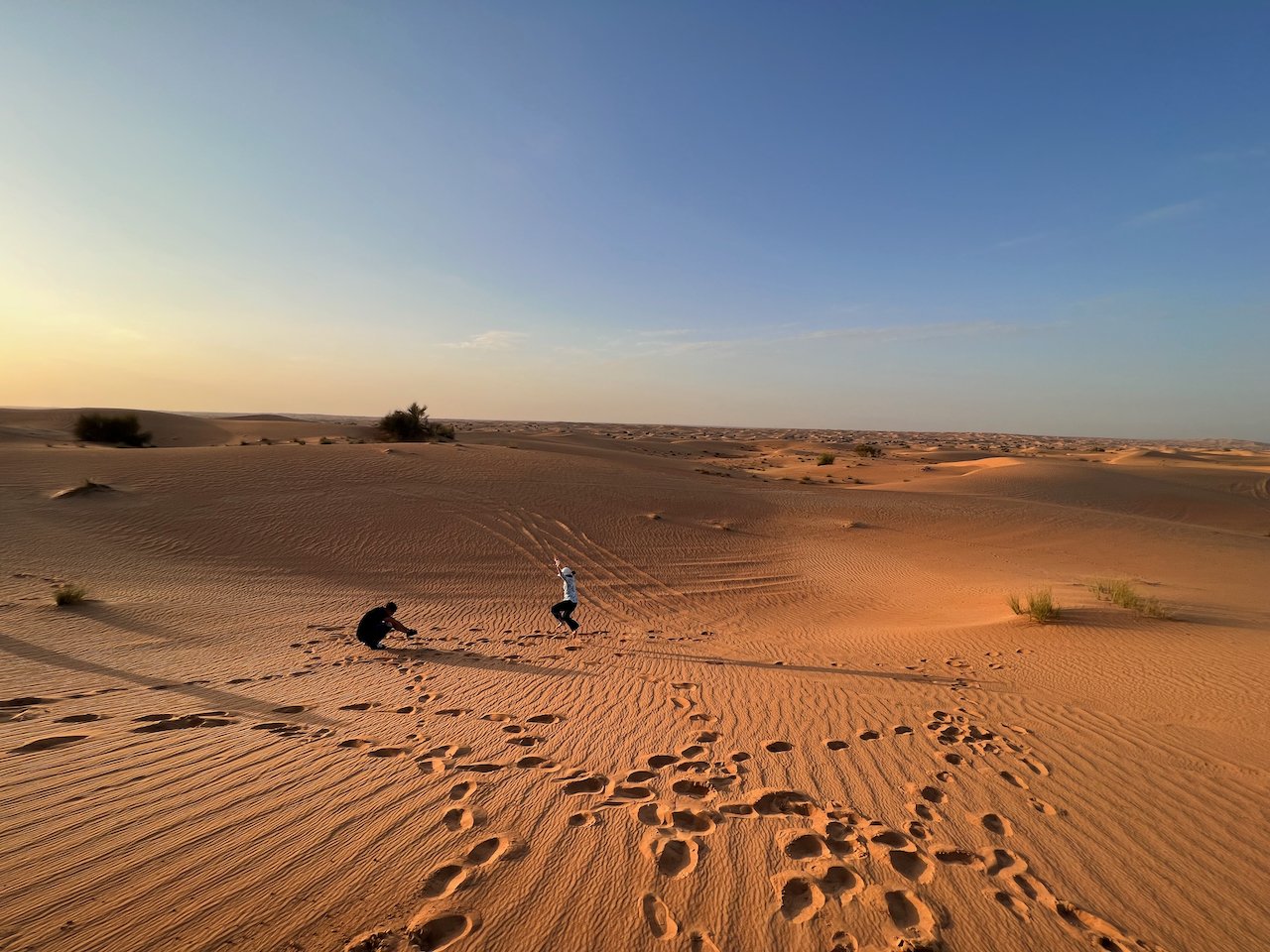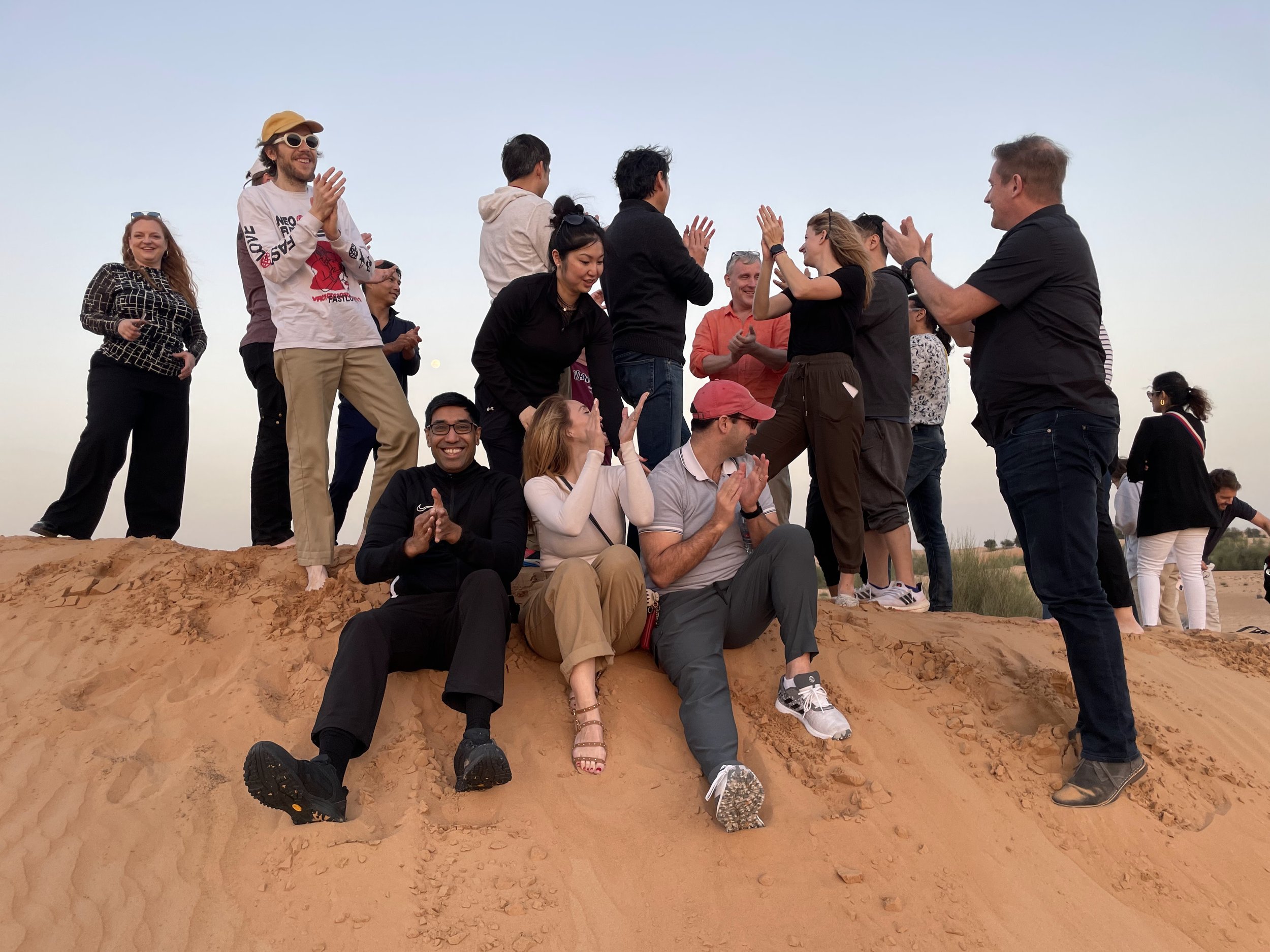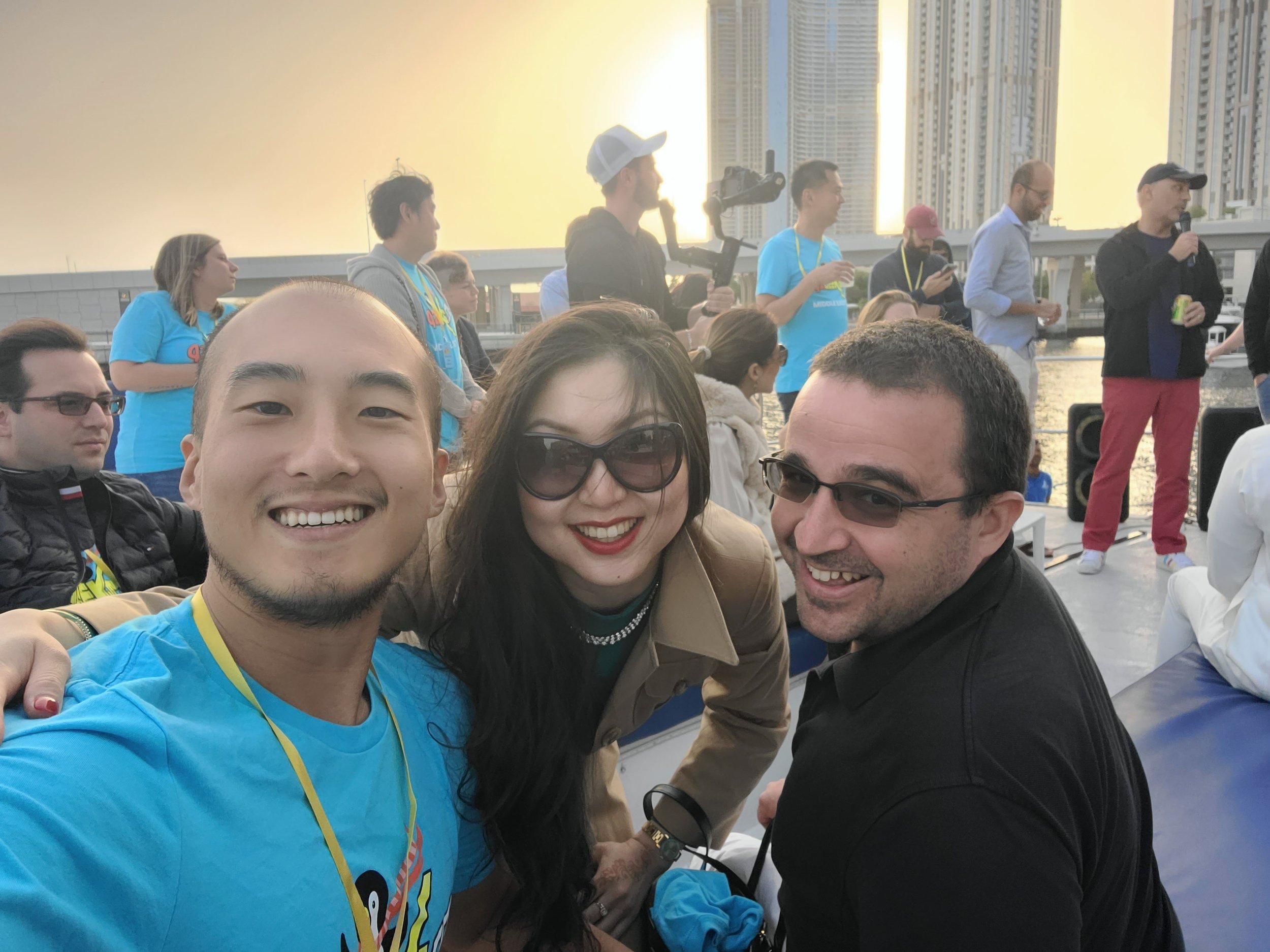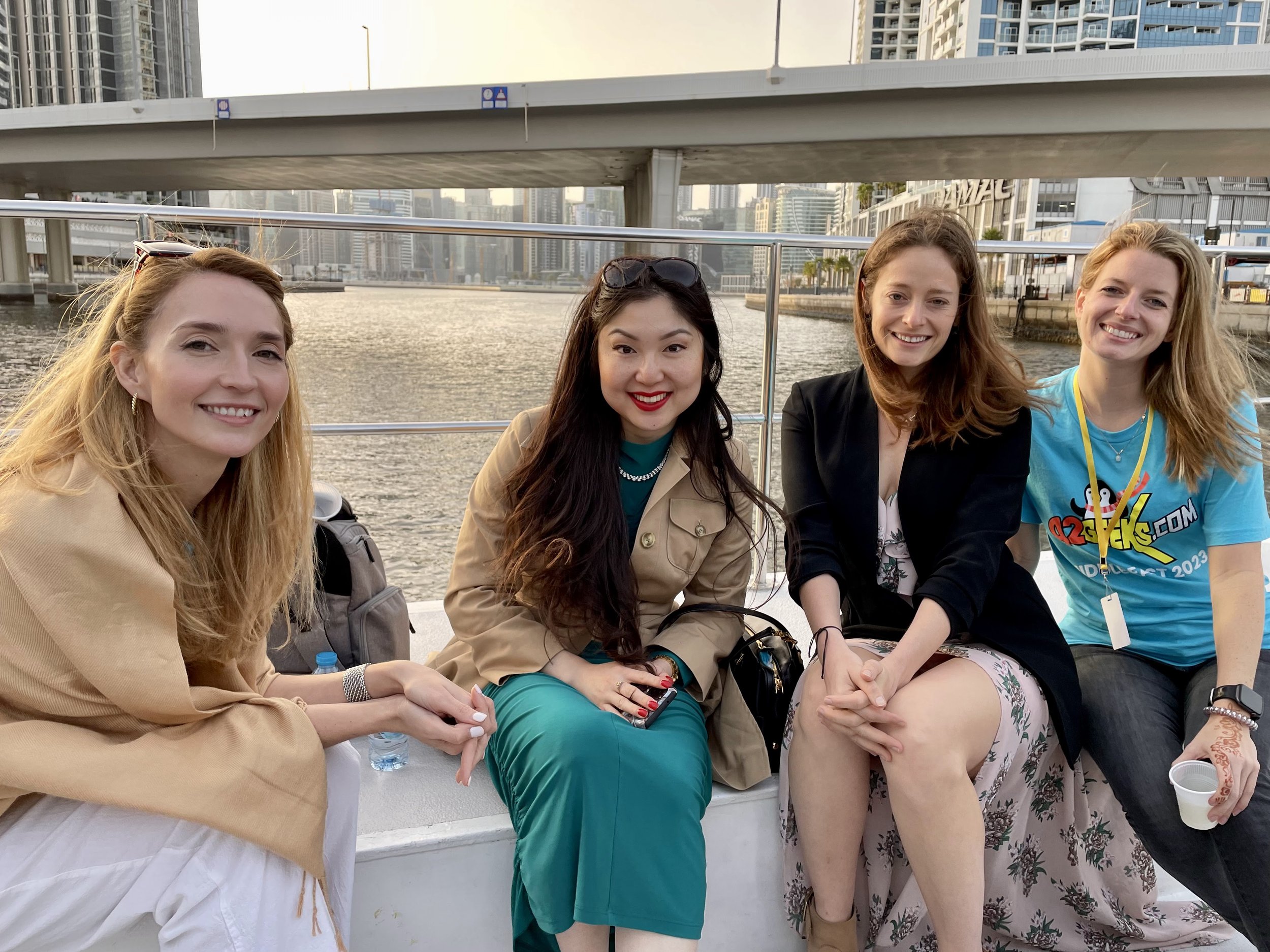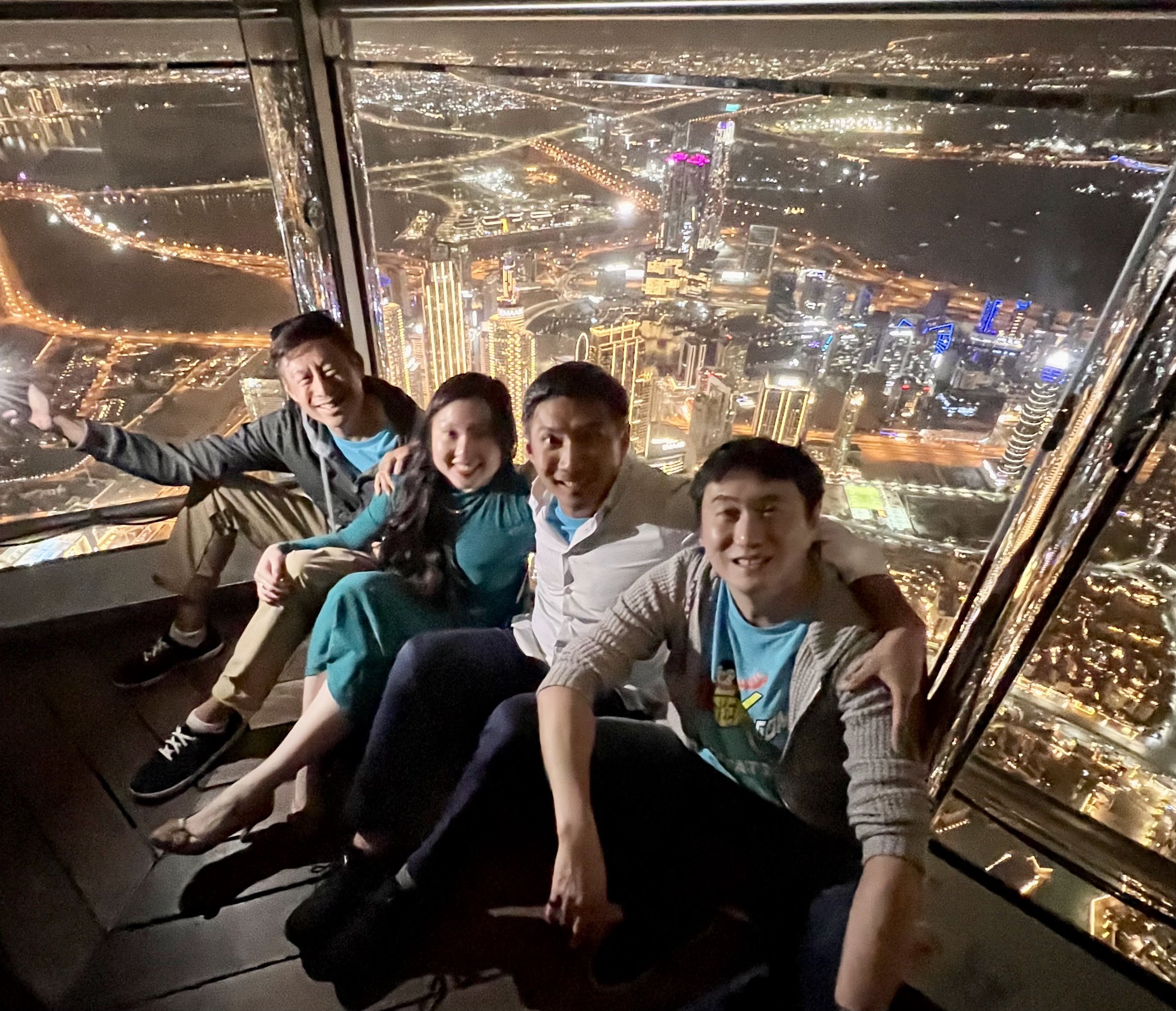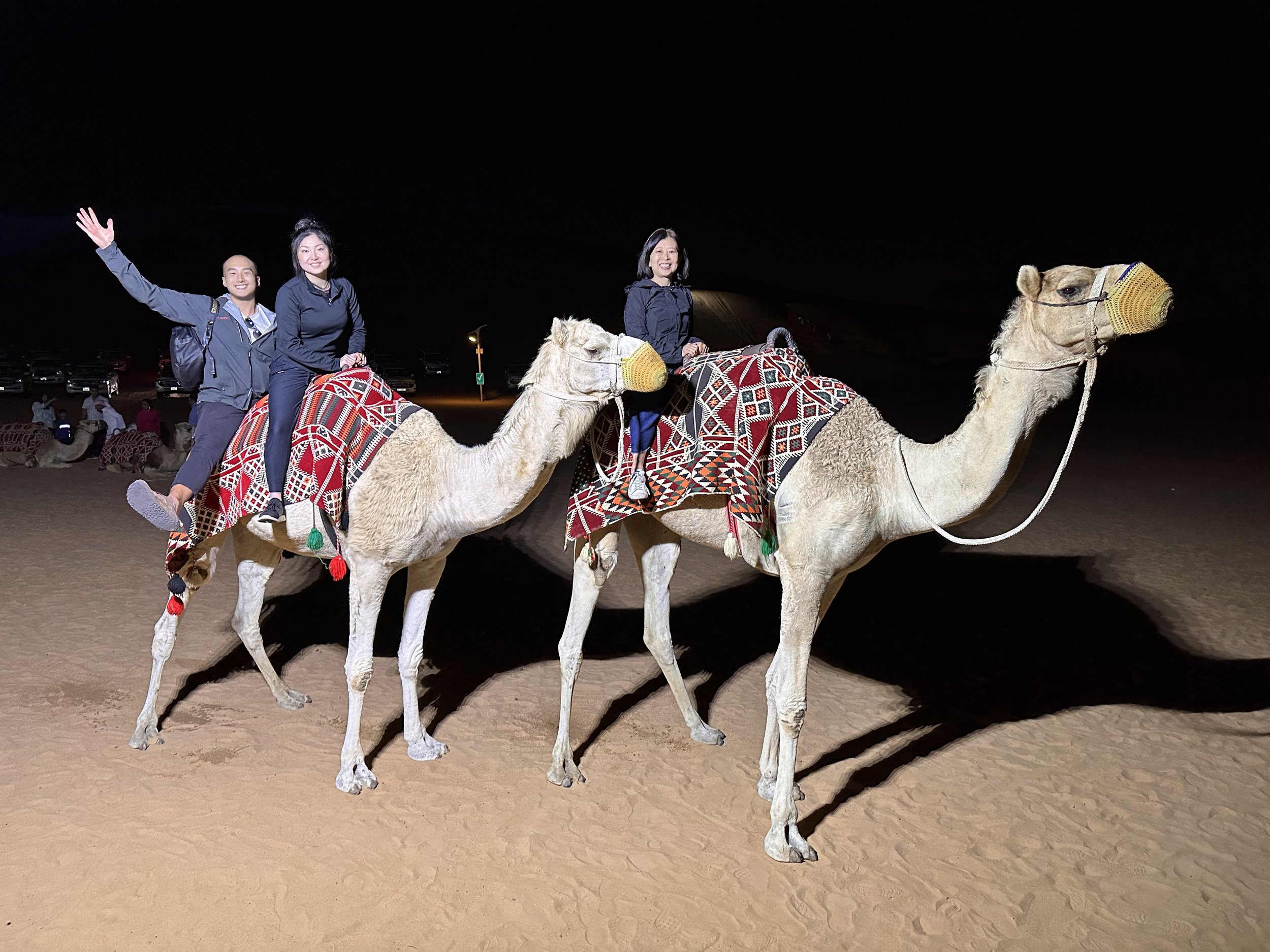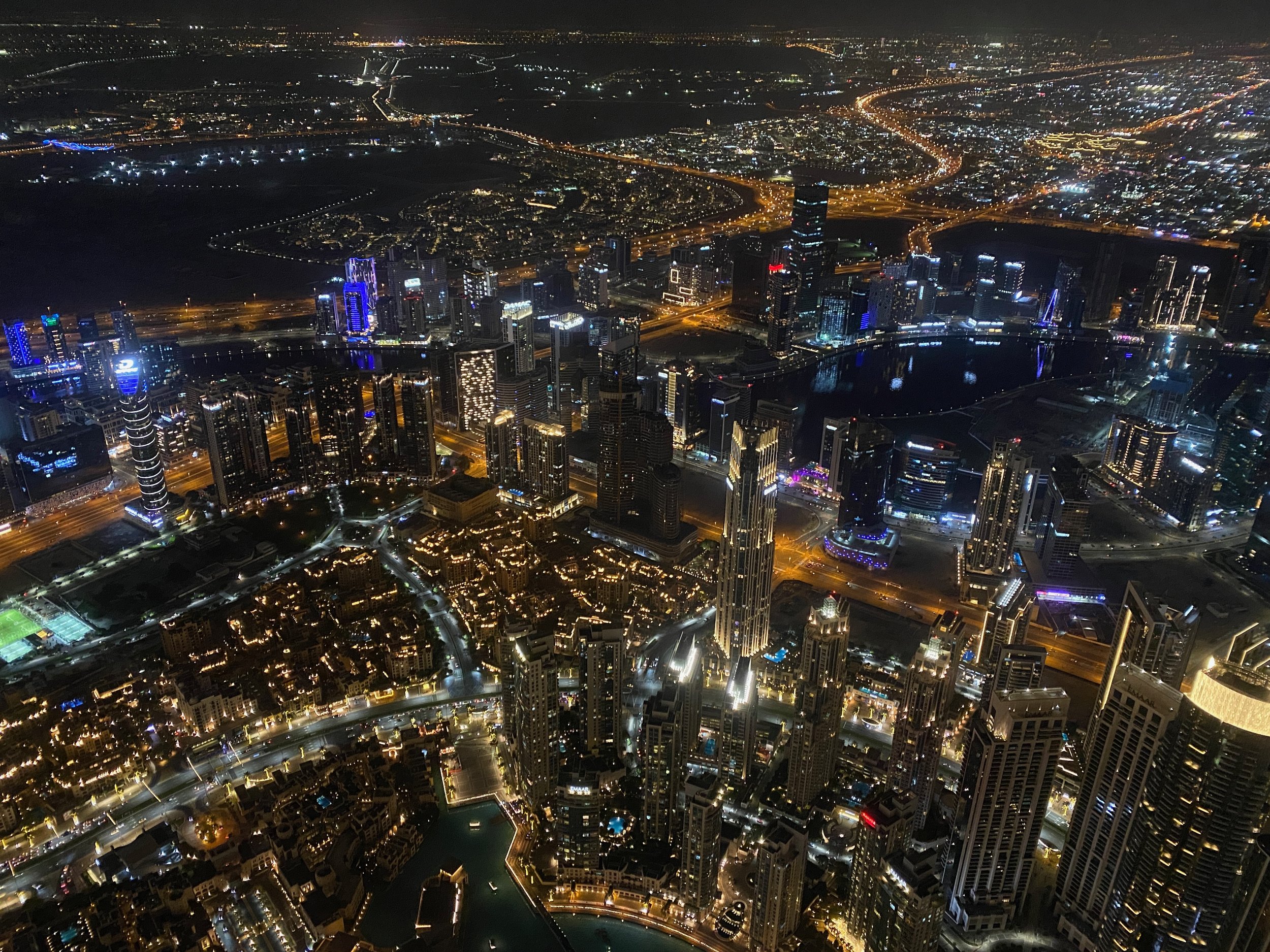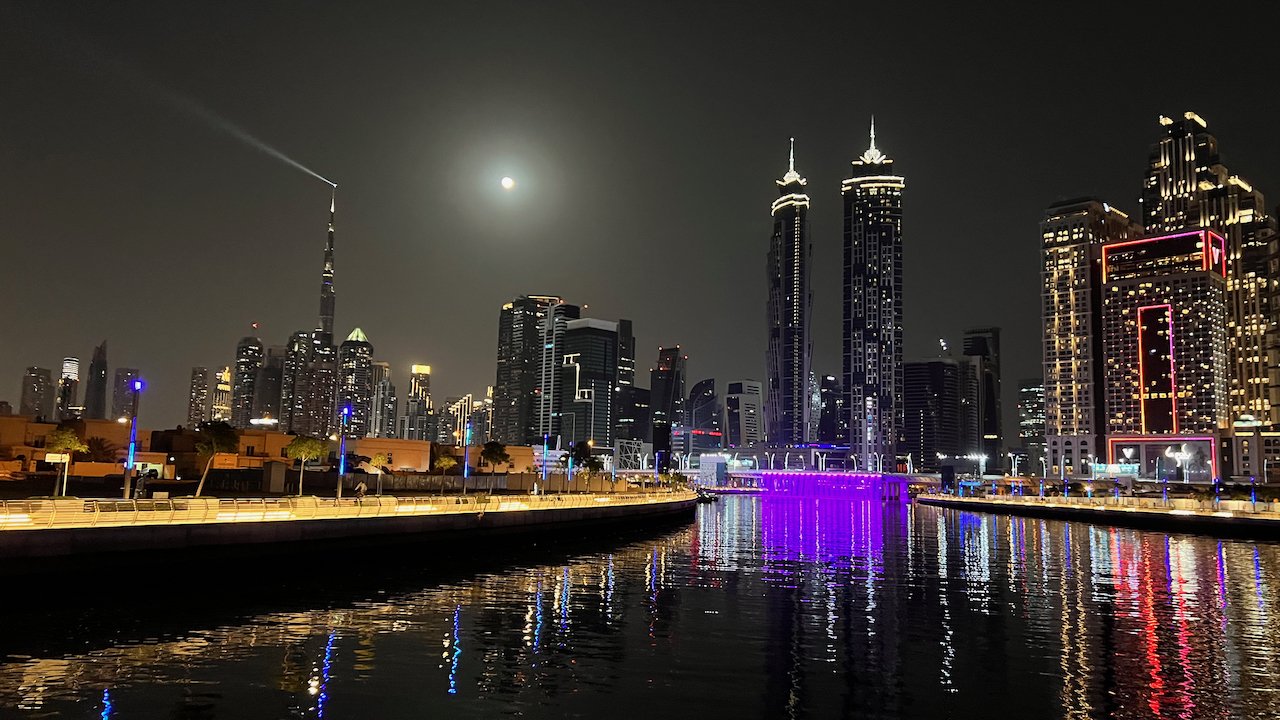The Scarcity Blessing, by Johnny
In a world where abundance is synonymous with prosperity, the resource curse seems counterintuitive. How could the wealth of nations lead to poverty and chaos?
This paradoxical economic phenomenon occurs when countries rich in natural resources, like oil, experience slower growth and unstable governance compared to those with less.[1] If we took the antonym: can countries benefit from a "scarcity blessing"?
My recent 42Geeks MENA Trip brought me to Dubai; this short essay synthesizes research on how Dubai's scarcity has become a blessing, the ancient art of not being governed, and the historic El Al Flight 971.
I. Serendipitous Scarcity
Dubai's oil scarcity is a direct result of the Bani Yas tribe's tumultuous history. In 1833, a brutal succession struggle led one section of the family to flee north and settle in Dubai, inadvertently leaving behind areas that would later reveal vast oil reserves. Despite possessing billions of barrels, Dubai's reserves are meager compared to its resource-rich cousin, Abu Dhabi, which owns 95% of the UAE's oil reserves.[2]
Dubai struck oil in 1966, and the ensuing revenue allowed rulers to invest in modernization and infrastructure.[3] However, recognizing oil as a finite resource, the Maktoums accelerated diversification. Today, Dubai is a global powerhouse in trade, tourism, real estate, finance, and technology, with over 95% of its economy now non-oil based[9]:
Trade: Constructed, owns, and operates a top-5 port in the world [4]
Tourism: Ranked as the second most attractive tourist destination in the world, after Paris [5]
Real Estate: Fourth most active prime residential real estate market in the world in 2022 [6]
Finance: Largely driven by DIFC, first in MENA, 17th globally in Global Financial Centres Index [7]
Technology: First in MENA and 18th globally [8]
In contrast to its founding, the lasting key to Dubai’s success was stability. Free markets need strong states, and the ruling family of Dubai ensured a peaceful succession of power that allowed commerce to flourish.
This stability, coupled with bold investments, grew the city into a regional gem and a global hub, embracing industries like technology and finance, which are becoming the gushers of the future.
II. The Stateless Penumbra
James C. Scott's "The Art of Not Being Governed" outlines humanity's progression from statelessness to the current era of state domination:
The Stateless Era (“by far the longest”)
An era of small states surrounded by vast stateless territory
Expansion of states and the shrinking of the stateless peripheries
The current era, where states dominate all land
Dubai's history reveals a fluidity between state and stateless, as tribes alternated between raiding villagers and settling as villagers themselves.[10] This rebellious streak is evident in Dubai's investment in innovative industries like crypto and web3.[11]
In Dubai, the Geeks hosted a mini-conference on network states, featuring prominent speakers and a special guest appearance by the President of Palau. It was my honor to give the opening talk, followed by Balaji Srinivasan and the brilliant minds behind RNS, Plumia, build_cities, W3ST, Jur, and Prospera. Thank you to all who made this session possible, and thank you to Dave for the amazing idea and the push to do this.
We concluded our Dubai leg with a memorable evening in the desert, embracing the region's rich nomadic history. And while deserts are supposed to be dry, there was no shortage of wine.
III. Man-made Marvels: El Al Flight 971
Though the Wright brothers pioneered human flight, Jason Greenblatt made it possible for us to fly between Israel and UAE.
The historic El Al Flight 971 was the first direct commercial flight between Israel and the UAE on August 31, 2020. The Abraham Accords, a historic peace agreement, threaded the needle of the long-standing tensions between Middle Eastern countries and Israel.
The Accords’ significance transcends aviation. Yes, there is power in diplomacy and dialogue, but to me, it’s a stark reminder of the power of a single individual to change the world.
One of my favorite quotes is from Peter Thiel: "You are not a lottery ticket." Real leaders are not just diplomats; throughout our travels, countless innovators and entrepreneurs attributed their success to a single man’s brilliance, advice, and investment: Dave McClure. Dave started the Geek tribe with Geeks on a Plane, and another set of great leaders is taking the tribe to the next level, perhaps as brilliantly as the Bani Yas Tribe has done with the UAE.
A heartfelt thank you to this next generation of leaders who made such a great experience possible: Chok Ooi, Alyssa Miller, and Ashley Wright. Thank you to all the Geeks, especially our wonderful hosts in Tel Aviv, Dubai, Abu Dhabi, and Riyadh.
Last, I want to dedicate a moment of gratitude to my roommates Alan and Andy for not snoring too loudly, though I don’t think I can say the same.
See you Geeks in Palau… 🇵🇼
Resources
[1]https://www.hks.harvard.edu/centers/cid/publications/faculty-working-papers/natural-resource-curse
[2] https://www.trade.gov/country-commercial-guides/united-arab-emirates-oil-and-gas
[3] https://web.archive.org/web/20070410230102/http://www.emporis.com/en/wm/ci/?id=100485
[4] https://gulfbusiness.com/dubai-ranked-among-top-five-global-maritime-hubs/
[9] https://www.dubai.com/v/economy/
[10]: “For centuries that extend into the fog of unrecorded history, tribes in the lands that formed the UAE spent alternating periods as villagers and nomadic Bedouin. A tribe might spend a hundred years growing dates and raising animals, and then be uprooted and take to the desert as nomads, raiding towns and stealing animals. After a few generations, roles switched. Bedouin would overrun an irrigated area and start farming. The villagers they'd chased out would become wandering outlaws.” — City of Gold, Jim Krane
[11] https://fortune.com/2022/03/29/dubai-crypto-capital-russian-oligarchs-sanctions/


